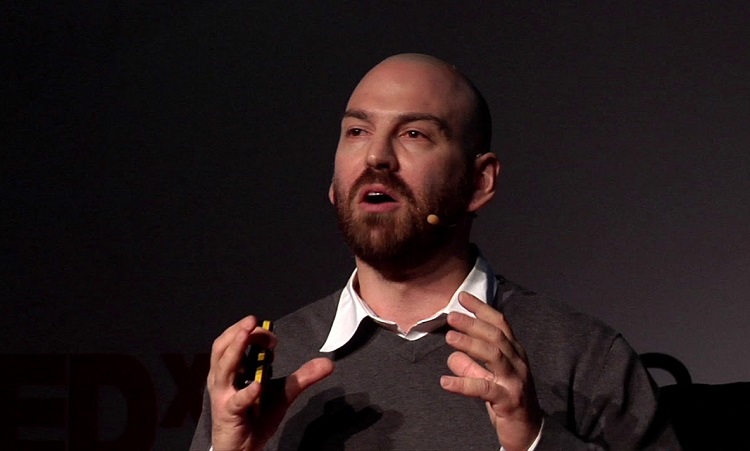There had been a lot of discussion about long Covid too. It is indeed a severe condition that is happening to many people who have recovered from the coronavirus. This effect can last for long periods after the initial virus has affected the body. Indeed, people who did not have the info or knowledge regarding long Covid have been going through a rough patch as they could not figure out what was happening to them.
Even the authorities had a hard time giving long Covid an official definition. However, more and more research is done into the matter as people are showing more and more varied symptoms of long Covid. If you have recovered from the coronavirus, you might also see some of these symptoms in yourself.

“Our work had been done regarding this matter, and along with this work, the work of some of the others that had been conducted with much detail has also shown and given proof of the fact that this long Covid is a thing that affects all of the people’s abilities to make plans, process and synthesize information, and it is also known to affect the ability of the people to do their daily activities of work,” said David Putrino in a statement.
He is also known as the Director of Rehabilitation Innovation at Mount Sinai Hospital that is situated in New York. In this statement that he made, opened the eyes of a lot of people as the news spread far and wide, he continued on the cognitive conditions that can be seen in the people having long Covid “They suffer from a lot of memory loss and inability to form new memories, as well as difficulty with speaking. This is a very debilitating condition with serious cognitive conditions.”
It is indeed a very serious problem that can not be ignored. People need long time care to get over it. It is very real as a medical issue, and it needs to be dealt with. That’s all for now. We will keep you updated.


